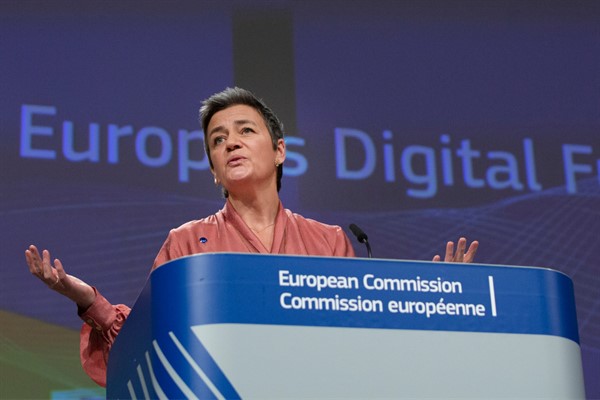It may be some years before your AI-powered assistant can sit at your kitchen table, finishing off a haiku while debating the nuances of Shakespeare’s “The Tempest,” as imagined by Ian McEwan in his 2019 novel, “Machines Like Me.” Even if that always remains the stuff of fiction, AI, short for artificial intelligence, has already crept into daily life.
It is now helping heart surgeons spot minor problems that go undetected in routine scans. It is similarly more accurate than human experts at interpreting mammograms to detect early stage breast cancer. And it is starting to solve the complexities of protein-folding, conjuring a brave new world in which Alzheimer’s, Parkinson’s and other degenerative neurological diseases can be cured.
At the same time, however, AI-enabled facial recognition is capable of identifying members of religious or ethnic groups, just one example of the manifold human rights and societal risks that the technology poses.

